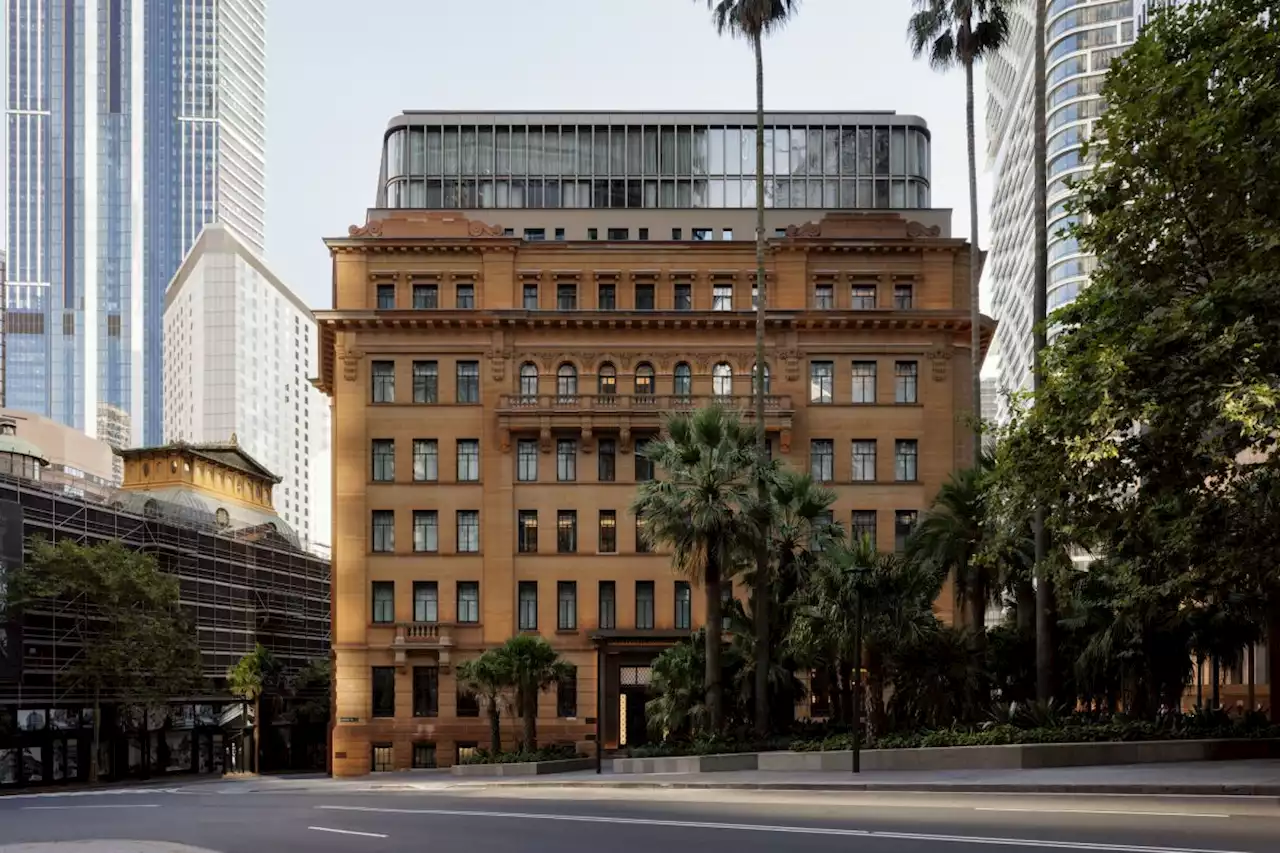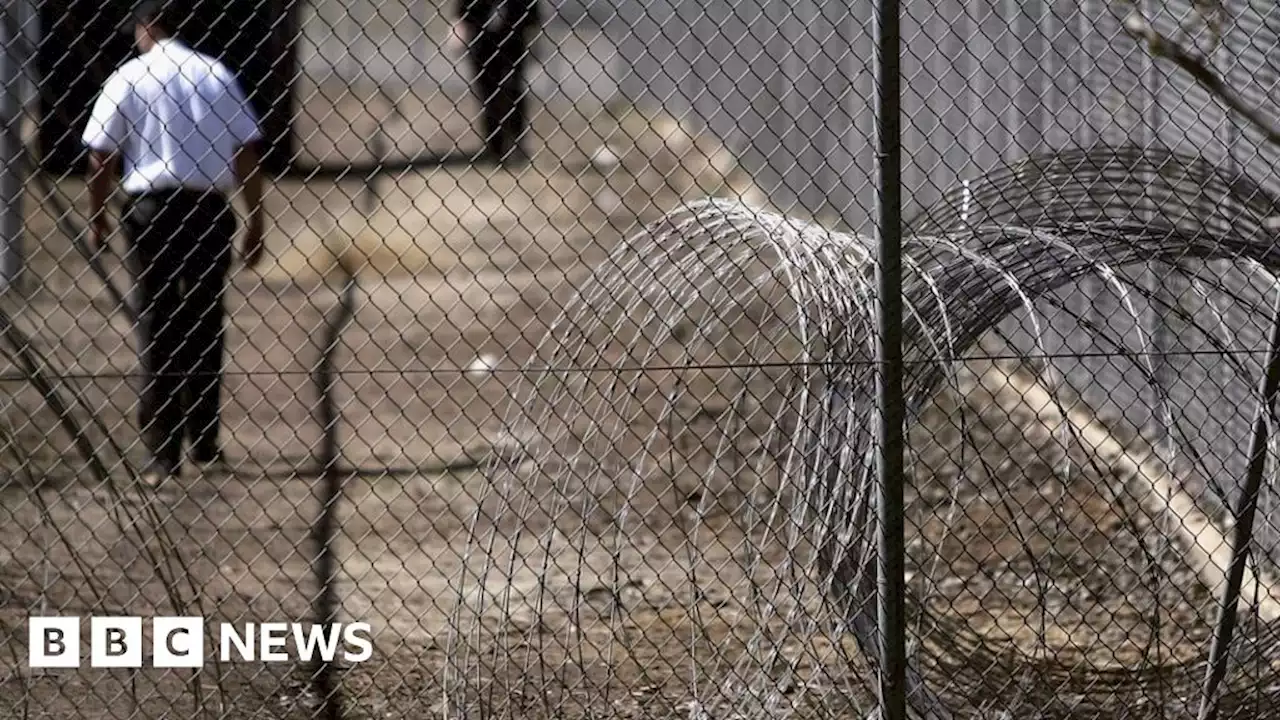The teenager's treatment is the latest youth justice case to raise human rights concerns in Queensland.
A 13-year-old Indigenous Australian boy spent 45 days in solitary confinement while being held for minor offences, in the latest youth justice case to raise human rights concerns in Queensland.
Describing his detention as "extraordinary and cruel", Mr Grau said Jack had "no serious criminal history". "If he's being locked in because there's staff shortages, and Cleveland detention centre has 80 or more kids in at any one time, one can only assume that other kids are in the same circumstance.Jack's period of detention included six days being held in adult prisons. He was released last week with a verbal reprimand.
Queensland is currently debating new laws which would criminalise bail breaches by minors - a change which will cause the youth prison population to increase dramatically, experts warn. "My concern is by increasing the pressure on the system, we risk normalising the mistreatment of children". Overcrowded facilities mean children and minors often have to be housed in adult prisons known as watch houses. Most juvenile detainees are being held on remand.
United Kingdom Latest News, United Kingdom Headlines
Similar News:You can also read news stories similar to this one that we have collected from other news sources.
 Australia: Record-breaking floods in Queensland as residents warned of crocodile-infested watersIn Burketown Queensland, Australia, local authorities have advised residents to limit movement due to hazards including crocodiles and infrastructure damage after 'unprecedented flooding' 🐊 Read more:
Australia: Record-breaking floods in Queensland as residents warned of crocodile-infested watersIn Burketown Queensland, Australia, local authorities have advised residents to limit movement due to hazards including crocodiles and infrastructure damage after 'unprecedented flooding' 🐊 Read more:
Read more »
 Rod Stewart kicks off Australian tour as he rips up Perth stage with dance movesThe Maggie May rocker left fans mesmerised with many claiming he could still prance about the stage 'like a 20 year old' as some joked not to risk ripping a hole in his trousers or 'breaking a leg' with five more gigs to go.
Rod Stewart kicks off Australian tour as he rips up Perth stage with dance movesThe Maggie May rocker left fans mesmerised with many claiming he could still prance about the stage 'like a 20 year old' as some joked not to risk ripping a hole in his trousers or 'breaking a leg' with five more gigs to go.
Read more »
 The influence of culture and cognitive reserve on the clinical presentation of behavioural-variant frontotemporal dementia - Journal of NeurologyCharacterisation of the clinical profile of behavioural-variant frontotemporal dementia (bvFTD) has predominantly been based on Western samples. Some small studies have suggested that the clinical profile may differ in culturally and linguistically diverse populations. Additionally, there is evidence that patients from non-English speaking backgrounds may have more cognitive reserve, allowing them to tolerate more disease pathology before clinical symptoms emerge. This study aims to characterise the clinical profiles of patients with bvFTD from culturally diverse backgrounds. BvFTD patients were classified as Australian-born (Australian) or Culturally and Linguistically Diverse-English-speaking (CALD-English) and Culturally and Linguistically Diverse-Language Other Than English (CALD-LOTE). Clinical features, cognitive test performance and cognitive reserve were compared between groups. Voxel-based morphometry was used to examine the neural correlates of cognitive reserve. 107 patients with bvFTD (53 Australian, 36 CALD-English, 18 CALD-LOTE) and 51 controls were included. Analysis of neuropsychiatric features revealed more elation in Australian patients compared to CALD-English patients, with trends for CALD-LOTE patients to report more irritability. CALD-LOTE patients also had higher cognitive reserve and showed relatively greater verbal than non-verbal cognitive impairment. Neuroimaging analyses revealed that higher cognitive reserve was associated with lower integrity in the frontal–temporal regions associated with typical disease pathology in bvFTD. Our findings support the hypothesis that cognitive reserve may delay early cognitive decline in culturally and linguistically diverse patients, although these patients may still show poor verbal performance due to cultural testing biases. Clinically, these results highlight the need to consider cultural and linguistic background to inform the assessment of dementia.
The influence of culture and cognitive reserve on the clinical presentation of behavioural-variant frontotemporal dementia - Journal of NeurologyCharacterisation of the clinical profile of behavioural-variant frontotemporal dementia (bvFTD) has predominantly been based on Western samples. Some small studies have suggested that the clinical profile may differ in culturally and linguistically diverse populations. Additionally, there is evidence that patients from non-English speaking backgrounds may have more cognitive reserve, allowing them to tolerate more disease pathology before clinical symptoms emerge. This study aims to characterise the clinical profiles of patients with bvFTD from culturally diverse backgrounds. BvFTD patients were classified as Australian-born (Australian) or Culturally and Linguistically Diverse-English-speaking (CALD-English) and Culturally and Linguistically Diverse-Language Other Than English (CALD-LOTE). Clinical features, cognitive test performance and cognitive reserve were compared between groups. Voxel-based morphometry was used to examine the neural correlates of cognitive reserve. 107 patients with bvFTD (53 Australian, 36 CALD-English, 18 CALD-LOTE) and 51 controls were included. Analysis of neuropsychiatric features revealed more elation in Australian patients compared to CALD-English patients, with trends for CALD-LOTE patients to report more irritability. CALD-LOTE patients also had higher cognitive reserve and showed relatively greater verbal than non-verbal cognitive impairment. Neuroimaging analyses revealed that higher cognitive reserve was associated with lower integrity in the frontal–temporal regions associated with typical disease pathology in bvFTD. Our findings support the hypothesis that cognitive reserve may delay early cognitive decline in culturally and linguistically diverse patients, although these patients may still show poor verbal performance due to cultural testing biases. Clinically, these results highlight the need to consider cultural and linguistic background to inform the assessment of dementia.
Read more »
 Capella Sydney revives urban heritage through contemporary luxuryCapella Sydney opens, adding a fresh option to the Australian city’s booming hospitality scene, designed by architects Make
Capella Sydney revives urban heritage through contemporary luxuryCapella Sydney opens, adding a fresh option to the Australian city’s booming hospitality scene, designed by architects Make
Read more »
